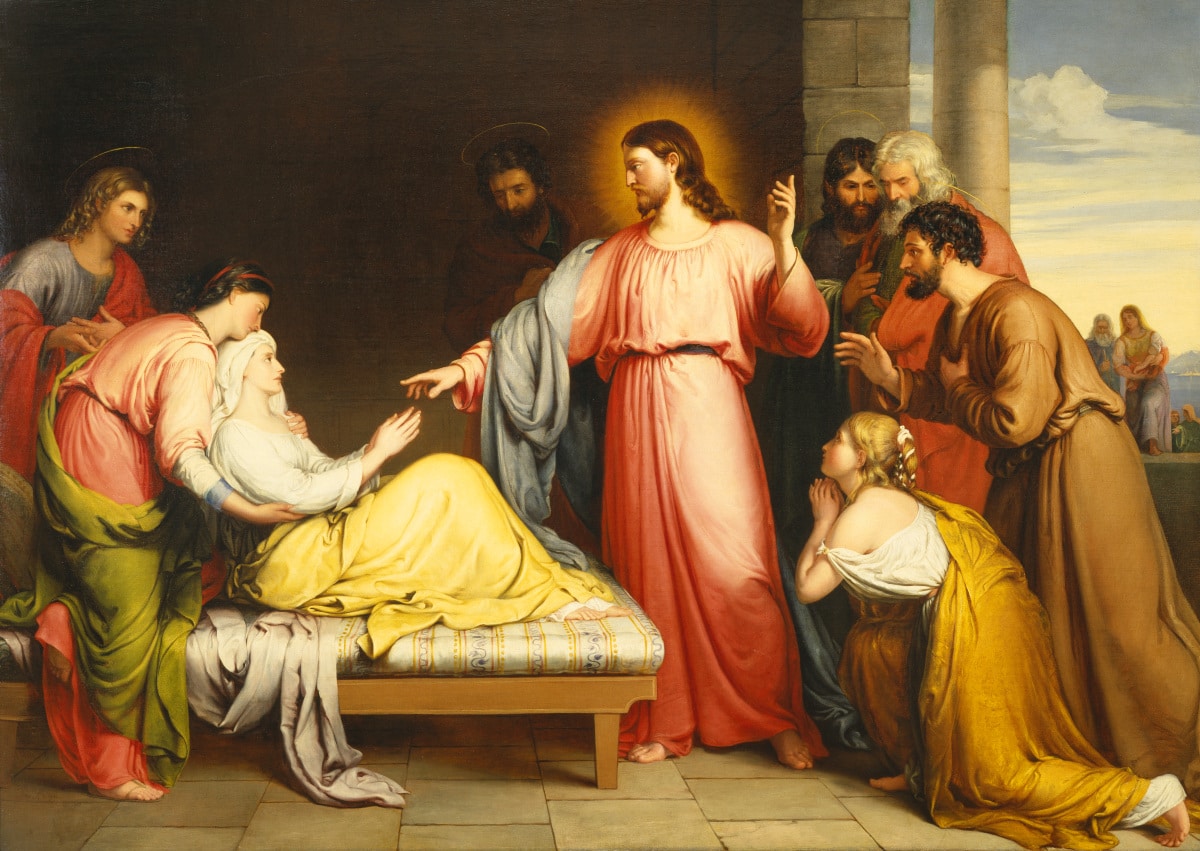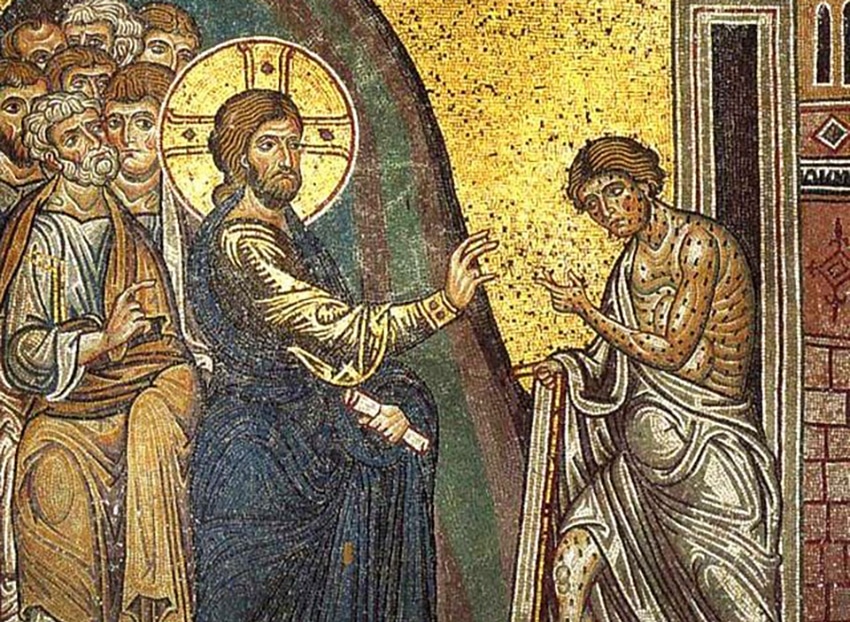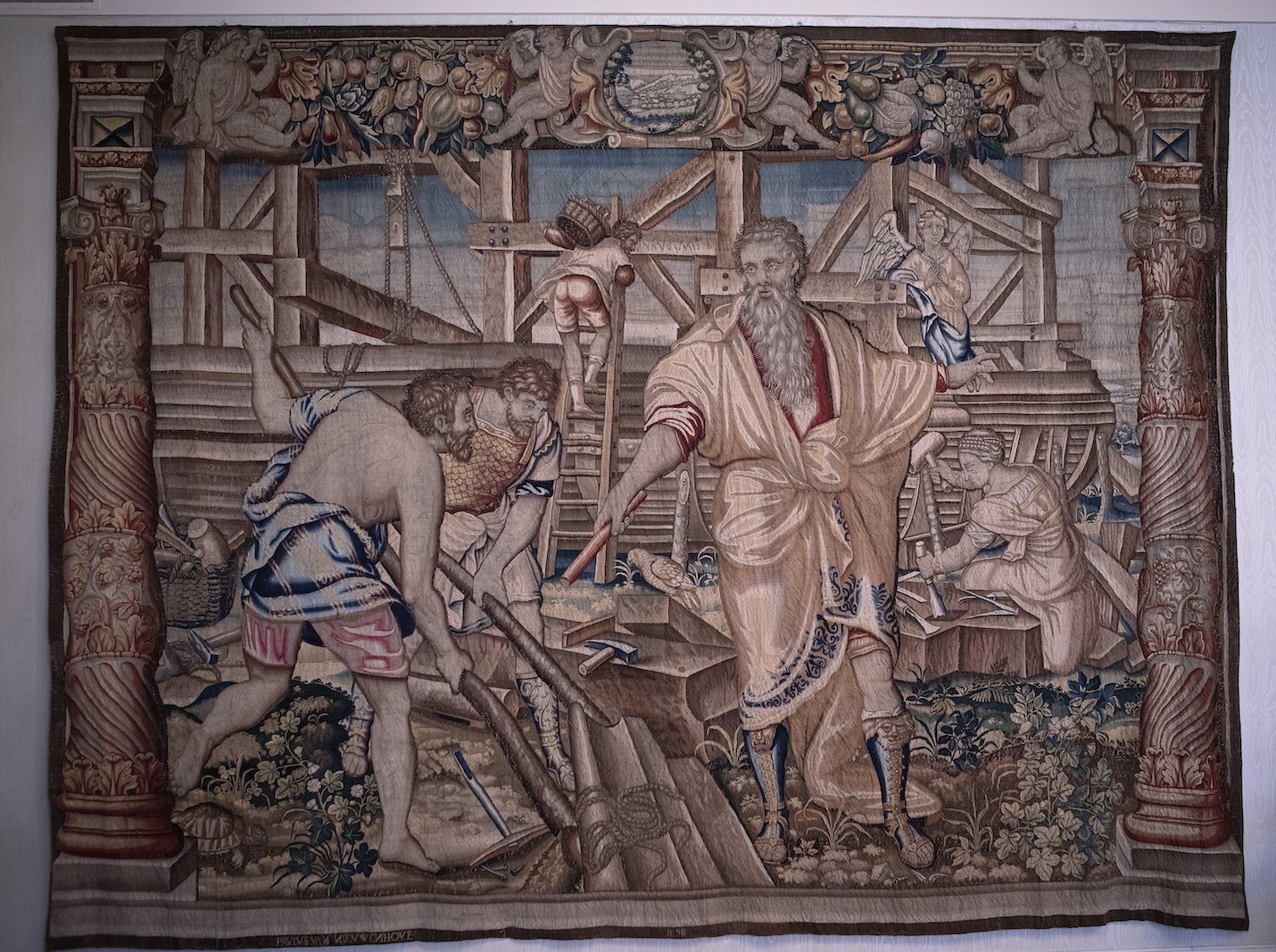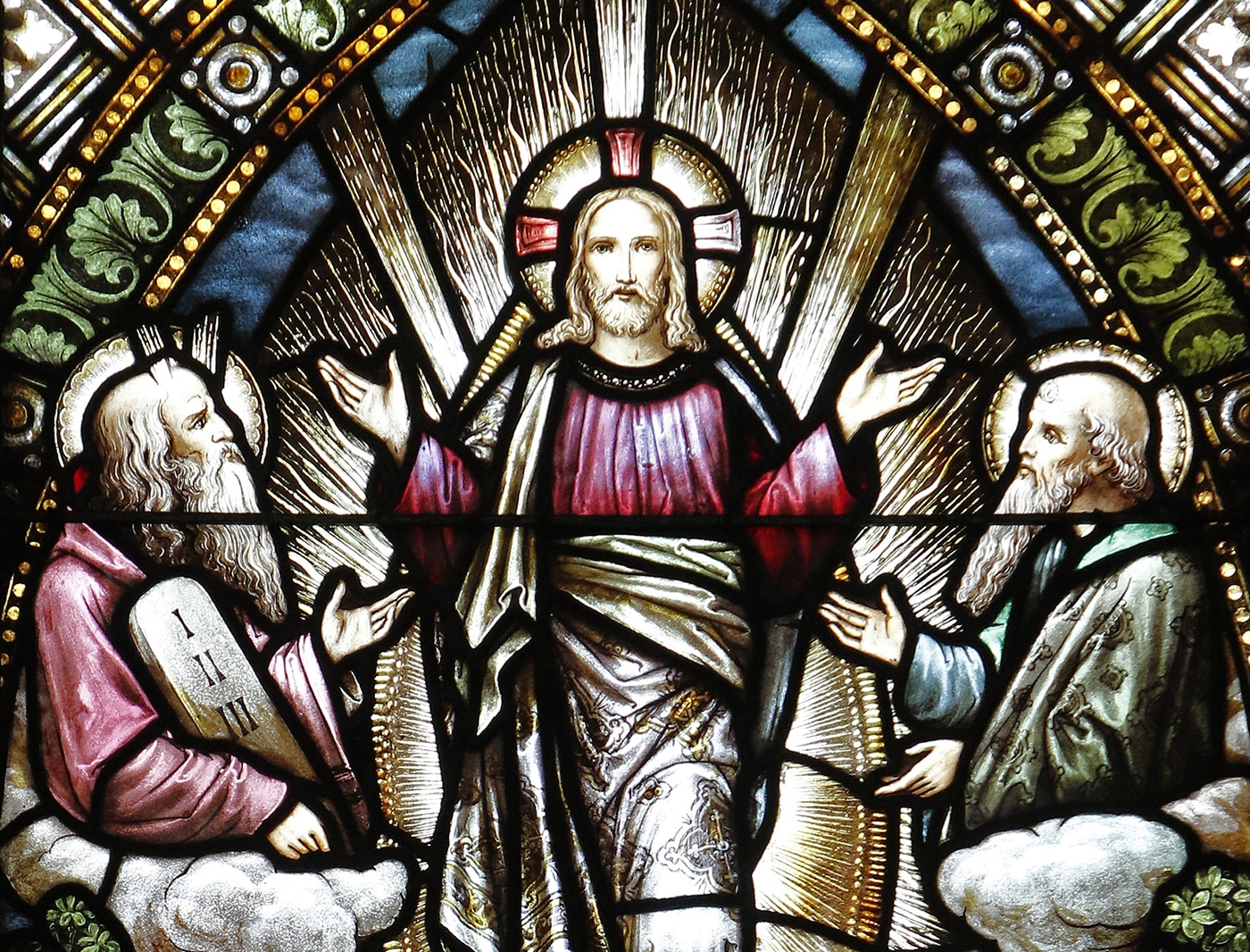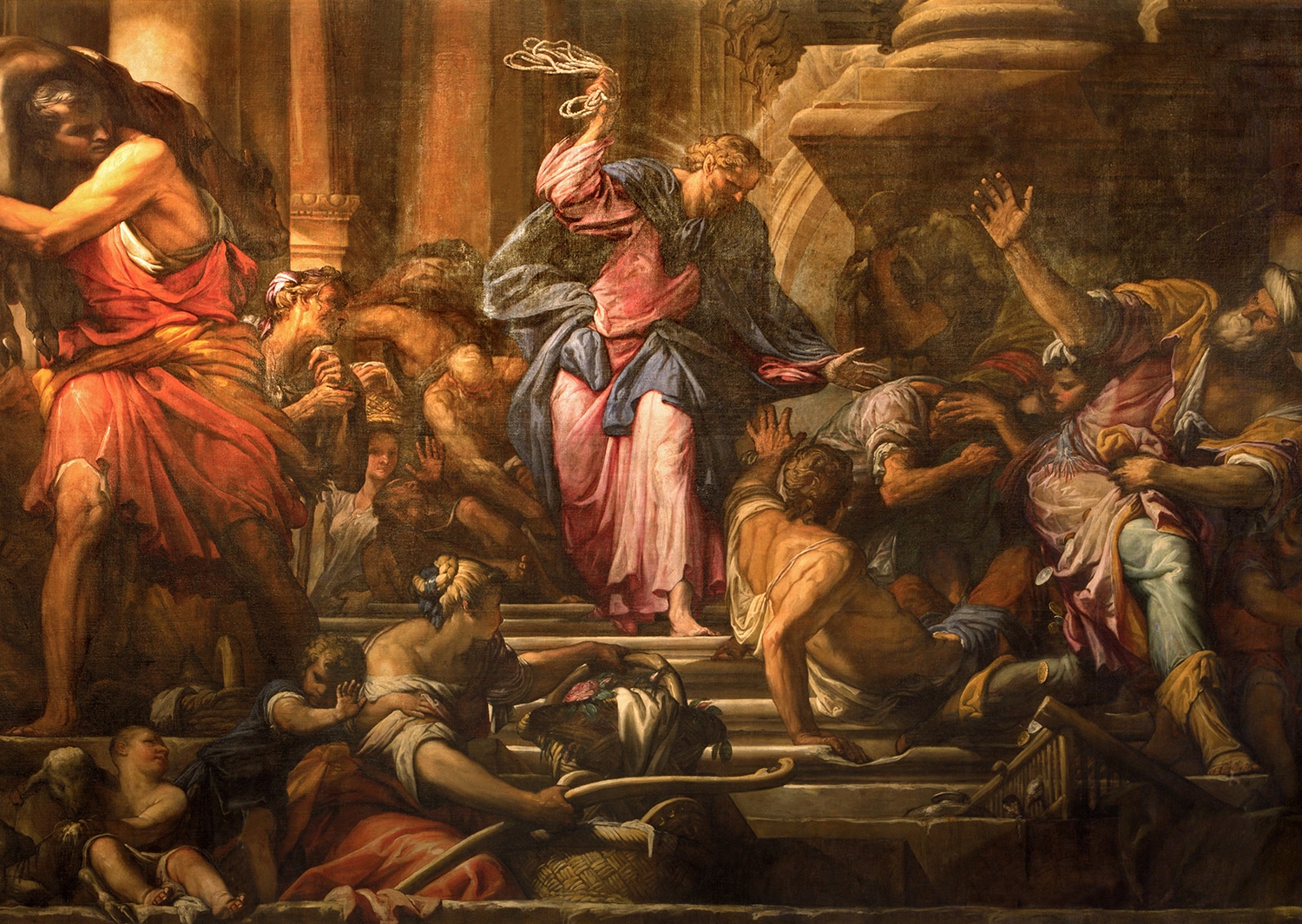In the first reading for this Sunday, we hear Job’s great lamentations: “Is not man’s life on earth a drudgery? Are not his days those of hirelings … my life is like the wind; I shall not see happiness again.” He is “without hope.” What darkness comes in Job’s words! He feels lost and alone, without God.
Such darkness, though, is quickly dispelled by the responsorial psalm. Psalm 147, indeed, seems to respond to Job’s pessimistic account, offering hope: “Praise the LORD, for he is good. … He heals the brokenhearted and binds up their wounds. He tells the number of the stars; he calls each by name.” Psalm 147 declares God’s goodness and God’s presence to the brokenhearted Job.
Interestingly, Job does have some such experience of God’s good and healing presence, as told later in the Book of Job. In Job, there is a famous scene of a whirlwind. God speaks to Job from out of this whirlwind, asking Job rhetorical questions: “Where were you when I laid the foundation of the earth? / Tell me, if you have understanding. / Who determined its size? Surely you know? / Who stretched out the measuring line for it? / Into what were its pedestals sunk, / and who laid its cornerstone, / While the morning stars sang together / and all the sons of God shouted for joy? (Job 38:4-7).
Of course, Job was not there when God laid the foundation of the earth, nor was Job there when God created the sun, the moon and the stars. Creation is truly a mystery to Job. As is the Creator.
| February 4 – Fifth Sunday in Ordinary Time |
|---|
|
Jb 7:1-4, 6-7 Ps 147:1-2, 3-4, 5-6 1 Cor 9:16-19, 22-23 Mk 1:29-39 |
But Job does learn one important thing: The God who is the creator of the universe has attended to Job. Among the whole of the universe, Job is something quite small! He realizes this now. And yet, of all the things in the universe, God heard “small” Job and responded to him. God revealed his presence amid Job’s darkness. Psalm 147 could now be sung by Job, too!
And so Job says to God, “Now my eye has seen you” (Job 42:5). But, what does Job mean? Didn’t he merely hear God speaking from the whirlwind? Job means to express his understanding of God’s mercy, experienced in the very fact of God responding to him. Job now understands something of the great mystery of God, who is present to Job, even if he, Job, is “of little account” (Job 40:4).
‘For this purpose I have come’
To this conversation between the Book of Job and Psalm 147, the Sunday Lectionary now adds the Gospel of Mark. Through the Gospels, we can all say “Now my eye has seen you.” Indeed, Christ tells us: “For this purpose I have come” — to preach the Good News.
Let us conclude this reflection on Sunday’s Word, then, by focusing on one verse of Mark’s Gospel. When Jesus entered the house of Simon and Andrew, he healed Simon’s mother-in-law of her illness. Listen to how Mark relates this miraculous healing: “[Jesus] approached, grasped her hand, and helped her up.”
God no longer speaks from a “whirlwind.” Christ comes as a fleshly, hand-in-hand reality. Here Christ’s hands grasp those of Simon’s mother-in-law. Soon his hands will be pierced by nails. The mystery of this God’s love is not simply that he put creation in order, or even that he mercifully listens for the call of his creatures. The mystery of God’s love is that God himself put an order in place in which he himself would “grasp our hands” and be crucified for us. Now that is a mystery to be contemplated, indeed.
And so perhaps our eyes have seen him! Let us sing praises to the Lord, for he is good!

